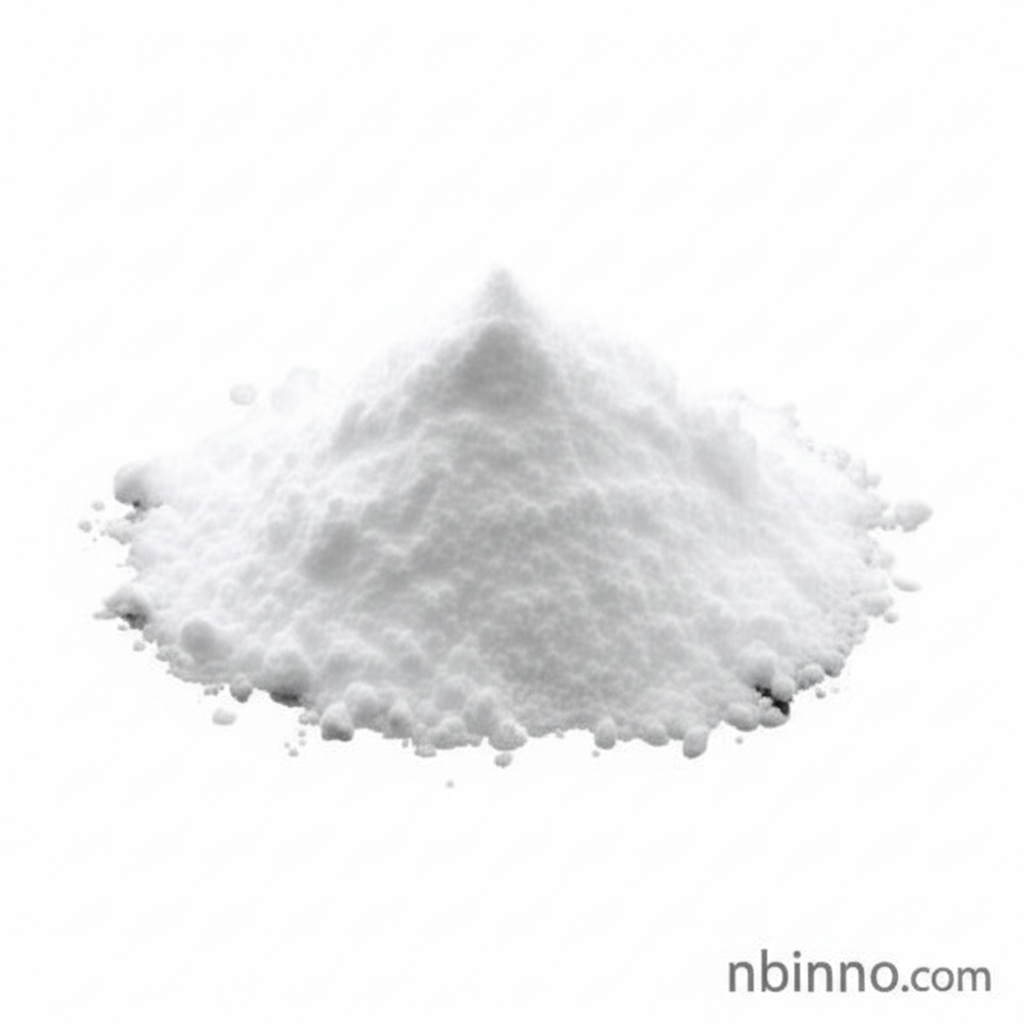4'-Phosphopantetheine: A Vital Cofactor in Cellular Biosynthesis
Discover the essential role of 4'-Phosphopantetheine in key biosynthetic pathways and its broad applications in biochemical research.
Get a Quote & SampleProduct Core Value

4'-Phosphopantetheine
4'-Phosphopantetheine is a pivotal biochemical compound recognized for its indispensable function as a prosthetic group within numerous acyl carrier proteins (ACPs). These ACPs are fundamental to the synthesis of crucial biomolecules, including fatty acids, polyketides, and nonribosomal peptides. Its presence is critical for the proper functioning of enzymes involved in these complex biosynthetic processes, making it a key area of study in molecular biology and biochemistry.
- Essential Cofactor in Biosynthesis: Explore how 4'-Phosphopantetheine acts as a vital cofactor for acyl carrier proteins (ACPs) in the biosynthesis of essential molecules like fatty acids.
- Role in Polyketide Synthesis: Understand the critical function of 4'-Phosphopantetheine in polyketide synthases (PKS), enabling the assembly of diverse and complex polyketide structures.
- Nonribosomal Peptide Production: Learn about the involvement of 4'-Phosphopantetheine in the synthesis of nonribosomal peptides, which have varied pharmacological and industrial applications.
- Enzyme Function and Regulation: Investigate how 4'-Phosphopantetheine interacts with enzymes and influences metabolic regulation, providing insights into cellular biochemical processes.
Key Advantages Provided
Versatile Biochemical Role
The inherent versatility of 4'-Phosphopantetheine as a biochemical cofactor allows it to support a wide array of complex biosynthetic pathways, underpinning cellular growth and function.
Facilitates Complex Synthesis
Its structure enables efficient substrate transfer between different enzyme active sites, optimizing the assembly-line process for producing intricate molecules like polyketides and peptides.
Enables Metabolic Control
Understanding the 4'-Phosphopantetheine biosynthesis pathway and its regulatory mechanisms, such as the role of Dfp proteins, offers significant leverage for controlling and optimizing cellular metabolic outputs.
Key Applications
Fatty Acid Biosynthesis
As a key component of ACPs, 4'-Phosphopantetheine is indispensable for the synthesis of fatty acids, fundamental building blocks for cell membranes and energy storage.
Polyketide Synthesis
It serves as a crucial cofactor in polyketide synthases, enabling the creation of complex molecules with diverse biological activities, including many pharmaceuticals.
Nonribosomal Peptide Production
4'-Phosphopantetheine is essential for the activity of nonribosomal peptide synthetases, contributing to the production of antibiotics, immunosuppressants, and other bioactive peptides.
Metabolic Pathway Research
Studying its role provides critical insights into metabolic regulation and enzyme mechanisms, supporting advancements in understanding and manipulating cellular processes.
